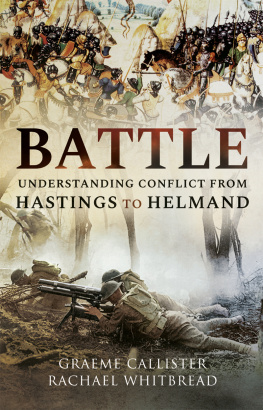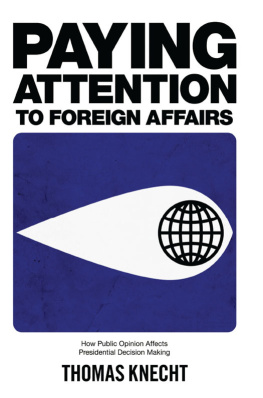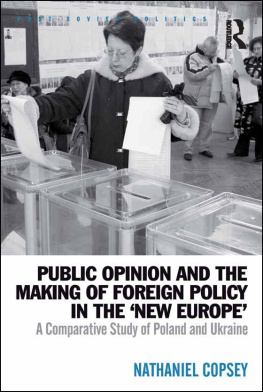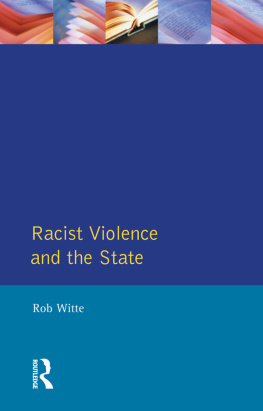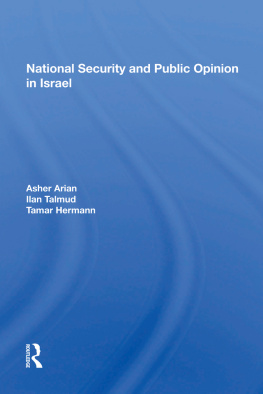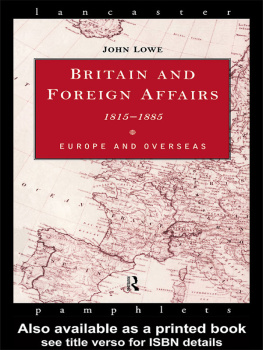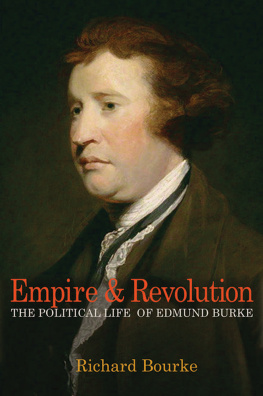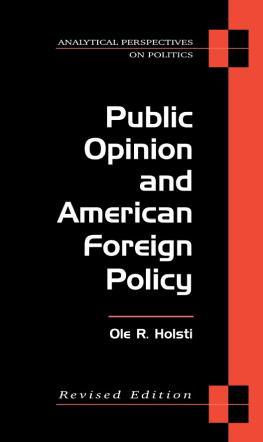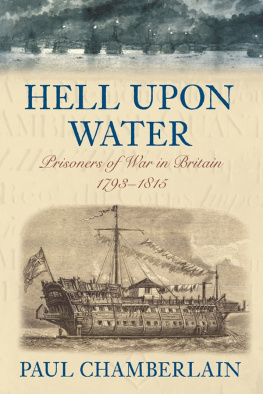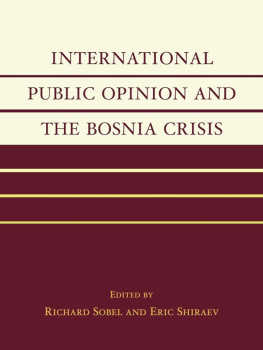1. Introduction: Public Opinion and Foreign Policy, 17851815
The history of the Netherlands in the long eighteenth century is tightly bound to that of France and Great Britain. For much of the century the three near neighbours were closely connected through diplomacy, trade, continental and colonial rivalries, and even through governments, a situation perhaps most clearly outlined in 1688 when a Dutchman bearing a French title ascended the throne of England. Although the three powers could all boast significant weight in international affairs at the Treaty of Utrecht in 1713, the Netherlands gradually sank far below the other two in standing as the eighteenth century drew on. By the 1780s France and Britain were openly competing for political influence in the Netherlands; the final year of the century saw the armies of these two larger powers come to blows on the territory of their much-weakened neighbour. The relatively ignominious seaborne retreat of the British under their royal duke, unable to advance in the face of intractable opposition from Frances republican forces and their Dutch auxiliaries, perhaps exemplified the relative position and power of the respective countries at the dawn of the nineteenth century.
The Netherlands featured prominently in the crescendo of the Second Hundred Years Warthe century of Anglo-French conflict that reached its peak between the French Revolution and the eventual defeat of Napoleon in 1815. Britain remained committed to defending the Netherlands from French influence, while France continued to see her presence in the Netherlands as the only way of keeping the Dutch from a British yoke. The security of the country was among the principal causes of war in 1793 and 1803, and a comprehensive settlement for the Netherlands was a top priority for London amid the politicking at Vienna in 1814. Britain committed substantial forces to fight in the Netherlands five times between Frances declaration of war in 1793 and the Battle of Waterloo in 1815. For France, the period of war with Britain was bookended by two failed invasions of the Netherlands, between which came the conquest of 1795 and subsequent military occupation that lasted almost continuously until the collapse of French control in 1813.
The Netherlands had occupied an important place in Anglo-French rivalry long before the protracted squabbles of the revolutionary era. In 1806, a diplomat confided to Louis Bonaparte, the new King of Holland, that the country had been a pomme de discorde between France and Britain for over 150 years. Such attitudes permeated not only ruling elites, but were common in popular perceptions and representations of the Netherlands across both countries by the latter years of the eighteenth century. The fate of the Netherlands was a matter of clear interest to both the governments and the publics of the two nearby rivals.
That people should take an interest in their countrys security is perhaps not a particularly bold or original claim. Popular engagement in government across the European world in the late eighteenth century has received a great deal of attention, especially in countries where revolutions replaced existing regimes with something loosely approximating to representative government. One does not have to embrace a Marxist interpretation of the rising bourgeoisie or ascribe to a model of bourgeois-democrat revolution to recognise the increase in popular interest in government in many countries, especially amongst the literate. Not only was public opinion increasingly perceived as a tribunal for legitimacy, but the rise in significance of the rhetoric of the political nation meant that national identity took on a far greater importance in domestic politics. Yet where popular engagement in government has been studied, the focus has tended to be on internal politics, on aspects of domestic governance, and on those things that affected peoples everyday lives. Studies of foreign affairs have tended to continue to be written in terms of diplomatic strategy, geostrategic interest, and inter-state relations rather than searching for potential popular input into policy. It is fundamentally this issue that this book will set out to address.
In broad strokes, this work aims to examine the interplay of public opinion, national sentiment and foreign policy during the period roughly 17851815, focusing on three consistently interconnected countries: the Netherlands, France and Great Britain. The Netherlands will be very much at the centre of the study, which will consider how the Dutch were perceived as a nation, a people and as a political entity, at both governmental and popular levels, in the three countries throughout the period. The work will examine how perceptions and representations of the Netherlands fed into public opinion and, ultimately, into national identity either of the self or the other. It will then assess the extent to which the triangular policies of Britain, France and the Netherlands were shaped or influenced by popular identities and opinion. By placing the policies of each country in a comparative context, and by looking at a range of royal, revolutionary and republican regimes, this work will aim to draw wider conclusions about the relationship of international affairs to national opinions and identities at the end of the long eighteenth century.
Chapter will offer a brief outline of the background of Anglo-Franco-Dutch relations through the seventeenth and eighteenth centuries, and will give a short account of the Netherlands role in Europe in the period 17851815. The remainder of the book will be split into three pairs of chapters, considering in turn the Netherlands, France and Britain. The first chapter of each pairing will look at public opinion and national identity in one of the three countries; in the case of the Netherlands this will examine the nature of Dutch national self-identity and Dutch public opinion towards the international affairs of the period, while the chapters on France and Britain will analyse French or British public opinion towards the Netherlands. The second chapter of each pairing will analyse the links between public opinion, identity and foreign policy for their respective countries, examining military and political decision-making across regimes and administrations, and tracing the direct and indirect influence of public opinion. Before this, the rest of this introduction will discuss the conceptual bases of this work, most notably the concepts of nation, the public sphere and public opinion.
Although this work will draw on aspects of military and commercial rivalry and geopolitical wrangling to help contextualise the complex web of interactions between the three powers, it is not intended as a narrow diplomatic or military history of Anglo-Franco-Dutch relations. Rather than describing the minutiae of diplomatic correspondence, it aims to put foreign policy in the context of domestic dynamics of opinion and identity. This study does not intend to provide a definitive analysis of the broader foreign policies of France, Britain and the Netherlands. Such works are already relatively plentiful and it is not the intention of this piece to rewrite a general narrative. This study is rather interested in why certain events occurred or decisions were taken, and seeks to tease out the influences of public opinion and national identity that may shed some light on the impulses underpinning foreign policy.
In considering national sentiment and identity, the word national is used deliberately to denote not only the geographical extent of identity, but to include the evolutions in understanding of the nature of the political nation. It is now generally acknowledged that nations are invented constructs rather than political expressions of a natural order. Over a quarter of a century ago, Ernest Gellner, Eric Hobsbawm and Benedict Anderson all highlighted the artifice of nations and national identities. This is not to say, however, that nationalists who embraced these ideas thought them to be a myth. Most nationalists implicitly believed that nations were an inherent part of human society and that exposing or awakening them was a noble task. As imagined communities, the sole criterion needed for a nation to exist was that a cadre of people believed that it did. As belief in the nation grew, so too did the need to codify the extent, character and identity of that nation.

